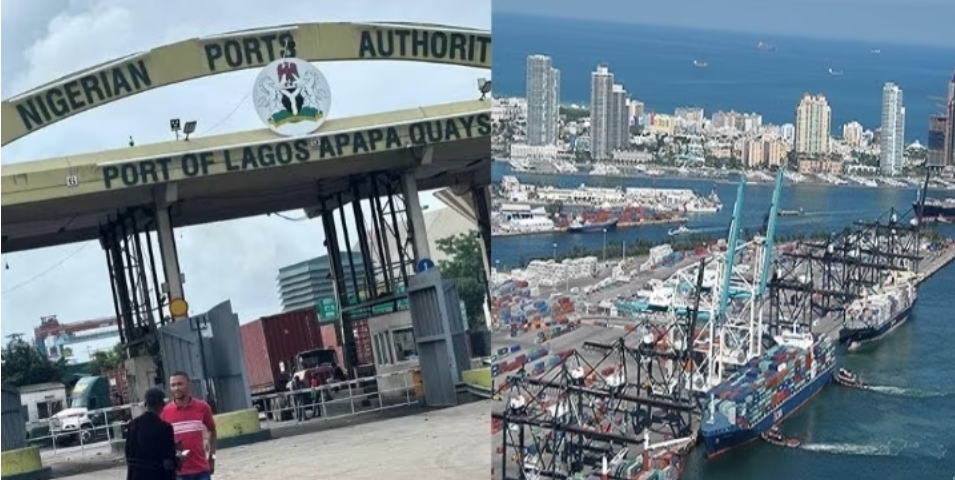Corruption In Nigeria’s Maritime Sector Costs $182,300 Per Shipment, MACN Declares
... ‘Over 63% Or 133 Million Nigerians Rendered Multi-Dimensionally Poor’

By Edu Abade
Official sleaze in Nigeria’s maritime industry has ensured that about 15 percent is added to the cost of importing food and bulk products into the country amounting to $183, 300 for every single shipment or an equivalent of N275.5 million at prevailing exchange rate.
This was revealed in a report released by the Maritime Anti-Corruption Network (MACN), which detailed the results of a study developed carried out by socio-economic impact assessment firm QBIS, which applies a dollar value to direct and indirect costs of official maritime graft in the private sector, government agencies and society in Nigeria.
Government officials extracting bribes for routine tasks, or ‘coercive’ corruption, causes economic damage through ship delays and higher trade costs, as well as endangering the wellbeing of seafarers and exposing them and others to the risk of criminal prosecution.
In its business-as-usual scenario, where all bribery requests are met without resistance, the study found corruption adds $147,000 per import shipment of grain and more than $187,000 per shipment of petrol. Food and petrol account for around a third of Nigeria’s imports.
“With 63 percent of Nigerians or 133 million people classified as multi-dimensionally poor, most Nigerian families do not have a budget surplus. Increased import costs due to corruption are, therefore, likely to reduce their household demand and make essential goods less affordable to the average Nigerian family.
“The business-as-usual scenario adds 1-2 percent to retail prices for grains and petrol. Maritime corruption results in an annual reduction in Gross Domestic Product (GDP) of $204 million, an annual reduction in revenue collected by the Nigeria Customs Service of $42 million and 235,000 fewer Full-Time Equivalent (FTE) jobs due to less sales and reduced economic activities,” the report stated.
A zero-tolerance approach to bribery during vessel clearance cuts the damages caused by corruption by around 62 percent, the study found. By slashing around $114,000 per shipment in corruption costs, the bill for marine corruption falls by around $100 million per year and its economic impact drops by $230 million.
“By ‘Saying No’ to maritime sleaze, GDP increases by about $130m annually, customs revenue from tariffs increases by $28m annually, and more than 147,000 FTE jobs are created due to more sales and economic activity across the supply chain in Nigeria,” said the report.
MACN said the combined efforts of industry and government have reduced corruption in Nigeria. Over 90 percent of corruption incidents are now resolved within 24 hours, it said, whereas a single case took between seven and 10 days before 2019. The average resolution time is now one to eight hours.
“Impressively, 98 percent of escalated incidents have been successfully resolved, and the remaining 2 percent have been escalated to authorities to clarify protocols,” MACN added.










